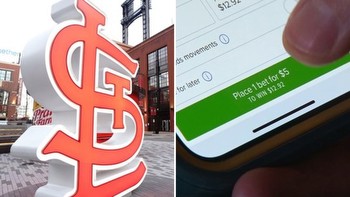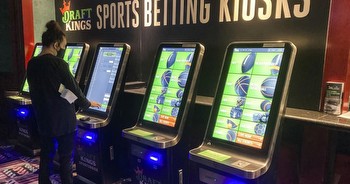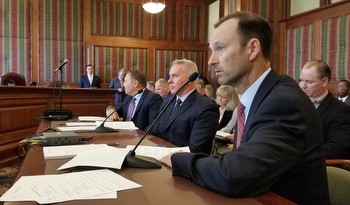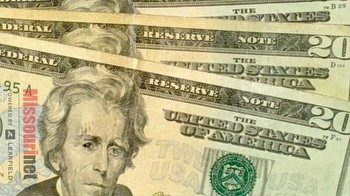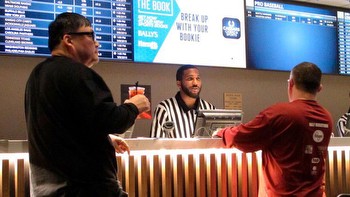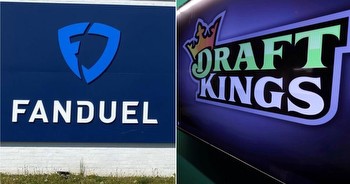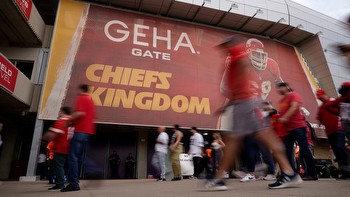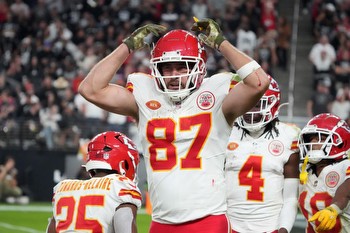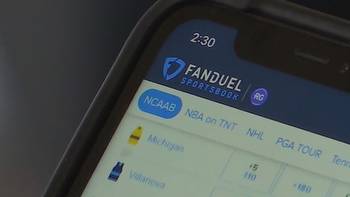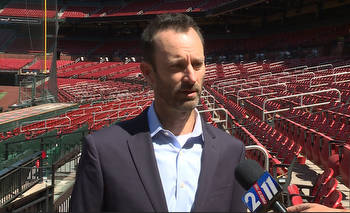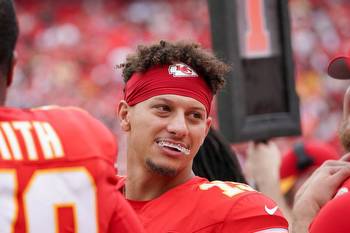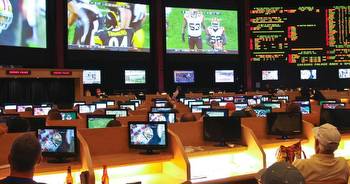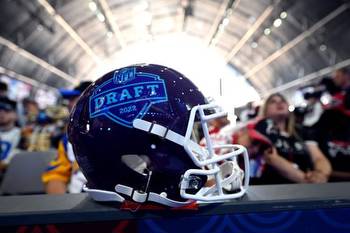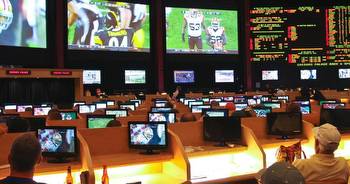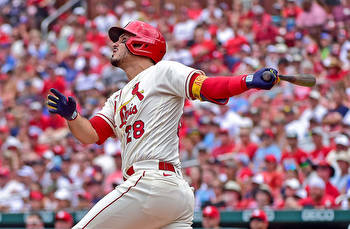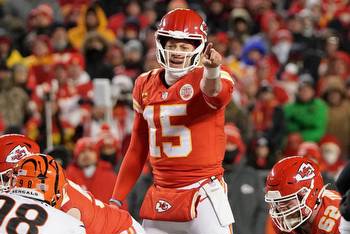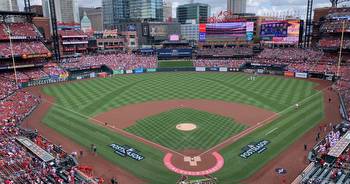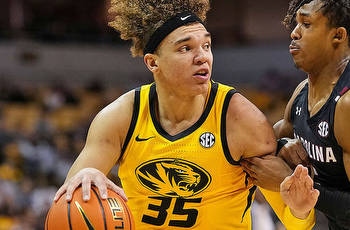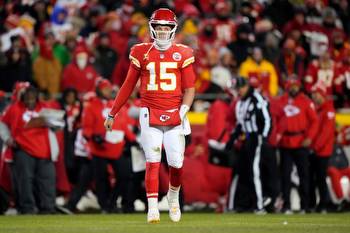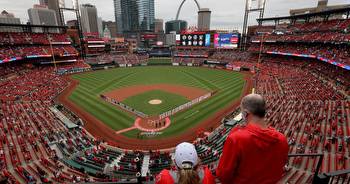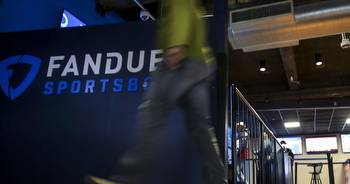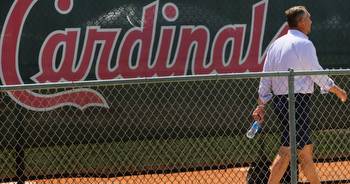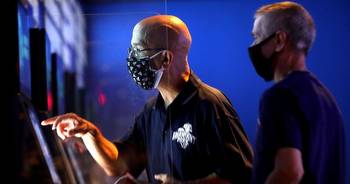Cardinals brass back in Capitol lobbying for sports betting in Missouri
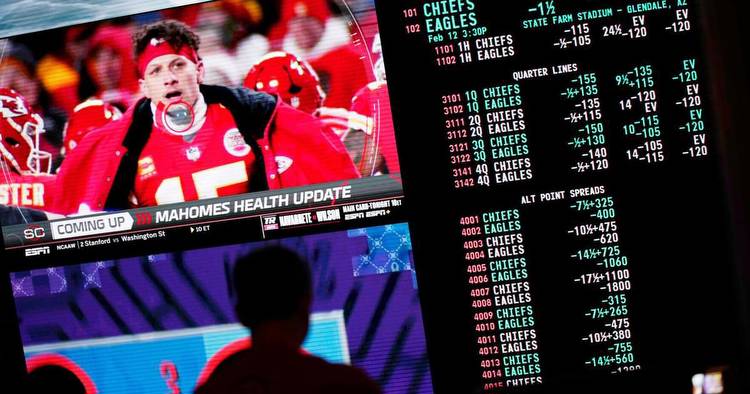
JEFFERSON CITY — After years of debate, lobbying and futility, plans to expand gambling again remain in limbo in the Missouri Legislature.
In a more than two hour hearing Wednesday, members of the Senate Appropriations Committee heard testimony from top sports executives on three related gambling bills.
One would legalize sports betting, bringing Missouri in line with 36 other states and the District of Columbia where people can place wagers on sporting events.
Another would legalize video slot machines, potentially ridding the state of thousands of illegal machines that have spread across the state in recent years and bringing in a new stream of revenue for the state and small businesses.
A third would combine the two in one package — a politically dicey maneuver that has stalled expansion efforts for years.
St. Louis Cardinals President Bill DeWitt III, in the capital city again to lobby for sports betting, urged the Senate to bring the debate over combining the two provisions to an end to break the logjam.
“That’s for you guys to decide. We’d like to see the two issues bifurcated,” DeWitt told the panel.
DeWitt was not alone among top professional sports teams in urging lawmakers to get moving on sports betting while six of Missouri’s surrounding neighbors have made it legal.
“Patrick Mahomes thinks it’s a good idea and so do we,” said Adam Sachs, chief legal officer with the Kansas City Royals.
Steve Chapman, executive vice president of the St. Louis Blues, also weighed in positively, as did a representative of the St. Louis City soccer club.
Casino operators also are pushing for sports wagering.
Mike Winter, president of the Missouri Gaming Association, which represents Missouri’s 13 casinos, said the majority of his clients support the legislation.
Similarly, a coalition of cities that host the casinos also is in favor.
Under a stand-alone sports gambling bill, Sen. Tony Luetkemeyer, R-Parkville, wants to tax wagers at 10%, which is less than the 21% tax collected by casinos, but competitive with surrounding states.
As part of his plan, professional teams could designate a space in or near their stadiums and arenas as a hub for placing bets.
The plan would raise an estimated $29 million and would dedicate $500,000 for compulsive gambling programs.
“We feel like it’s a bill that has a lot of stuff in there for everybody,” DeWitt said.
Until a 2018 court case, full-scale sports betting was illegal in all states except Nevada. Some states moved quickly to get sports betting and its tax proceeds on the books.
Sen. Denny Hoskins’ legislation would legalize sports betting, but also would begin regulating the kinds of slot machines that have spread through the state without any oversight or taxation.
Hoskins, R-Warrensburg, said the slot machines would be limited to players age 21 and older and would be located in a separate room, rather than out in the open as a slew of unregulated slot machines are now.
Truck stops would get licenses for eight machines, while other businesses would receive five.
The maximum wager played per game would be capped at $5, with a top award set at $1,100.
Bar and restaurant owners said allowing legal slots could help offset inflationary pressures on their businesses.
April Kabrick, a co-owner of Boozers, a bar in Liberty, said she won’t place the illegal slot machines in her business, but, if they are regulated, she said the games could help her hire more workers and bring in more customers.
Florissant Mayor Tim Lowery said he’s fought the spread of illegal slot machines as both mayor and police chief.
But, he told the committee that he said he has since relented because it puts businesses in his city at a disadvantage. He backs the legalization push because it levels the playing field.
“This gives us a revenue source,” Lowery said.
Bill Fickle, owner of Side Pockets, a Blue Springs bar, encouraged lawmakers to approve the proposal to help businesses still recovering from the COVID-19 pandemic.
“We are desperate. It is imperative to have this revenue stream,” Fickle said.
Matt Scales of Illinois-based video lottery operator Accel Entertainment said legalization of slot machines would build small businesses in Missouri and, eventually, bring 6,500 jobs if slots are legalized.
Sen. Karla May, D-St. Louis, outlined her proposal, which would only focus on slot machines as a way to generate more foot traffic and spending at local businesses.
When fully implemented, May said the measure could generate $300 million in revenue for the state.
Legalizing slots has become polarizing for lawmakers, who have faced intense lobbying from representatives of Wildwood-based Torch Electronics, one of the biggest operators of the unregulated machines.
Political action committees controlled by former House Speaker Steve Tilley, who is an ally of Gov. Mike Parson, have spread money to lawmakers in hopes of stopping the legalization push.
The issue also is percolating in the House, which is mulling two sports betting bills.
If nothing emerges from the General Assembly again this year, there is another potential route that could be taken.
The sports teams filed paperwork last year to try and put the matter before voters, but did not begin the signature collection process on the belief that a compromise plan would emerge from the Legislature.
No votes were taken Wednesday in the committee hearing on any of the bills.

